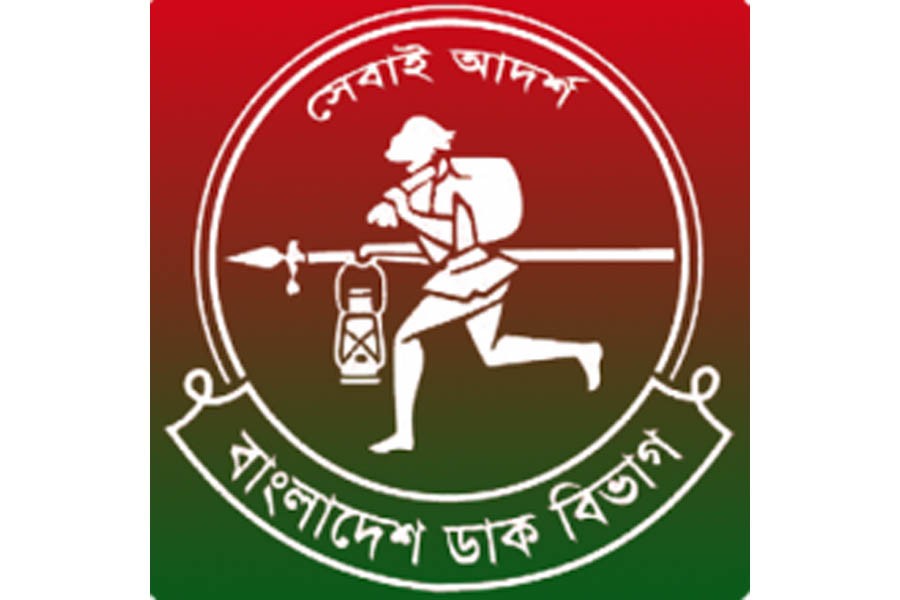South Asia has the highest coverage of post offices across the world. On an average, every 29 square km area of the region is covered by a permanent post office while the world average is 206 square km. Again, for every 9,576 inhabitants of the region there is a post office. Nevertheless, the traditional functions of post offices have been declining rapidly. Letters and parcels are now mostly delivered by private currier service operators. The age-old money order service has also lost its relevance due to modern technology and competition from private players.
Against this backdrop, post offices in South Asia have already begun redefining their roles. Having wide networks in remote areas, post offices in the region are trying to diversify and expand postal financial services. Bangladesh is a pioneer in this regard. The country introduced the postal cash card, a pre-paid card for customers in 2012. Later in 2013, the postal department entered into an agreement with Sonali Bank for access to the bank's ATM (Automated Teller Machine) service. India launched its first post office-based ATM in 2014. It was, however, Sri Lanka that introduced the first electronic money order service in the region in 2005. The service introduced in Bangladesh in 2010 is called Electronic Money Transfer Service (EMTS) and got a good response.
Now the post office has introduced a new digital financial service scheme named Nagad or cash. Under the service, a customer will be able to cash in or cash out Tk 50,000 in a single transaction and maximum Tk 250,000 via 10 transactions per day. By using mobile phone, like the existing mobile financial services, Nagad will provide the service. Having a strong network with around 10 thousands post offices across the country, authorised agents will perform the door-to-door service.
Although a welcome move, some cautions needs to be taken mainly due to lack of efficient management by the postal authority and also inadequate infrastructure. The BPO claims it to be a service-oriented body but most of the staff members and employees know little about how to serve people. A large number of them are also not trained at all about the sophisticated use of modern technology.
Postal cash card has already lost its attraction as the authority couldn't deliver the required service. The non-operational co-branded ATMs naturally failed to attract customers. EMTS is also struggling as transaction through the service has been declining sharply. To revive the service, the BPO now reduces the transaction fee drastically. Post offices also have limited working hour, five days in a week. This is a big barrier to advancing the financial services. To overcome the obstacle, the BPO has started to appoint agents.
To make the new service effective, the postal authority has to review all the failures and limitations. Meantime, private operators currently providing MFS across the country already expressed their apprehension that they would face very uneven competition from Nagad service as their cash transactions are much limited. Currently, they can cash in a maximum of Tk 15,000 on two transactions and cash out a maximum of Tk 10,000 on the same number of transactions a day.
It is true that Nagad is going to widen cash transactions and there are some risks in it. Inefficiency in transaction will fall out with customer. Some illicit transactions may also take place. Having national election ahead, the flow of such transaction is likely to increase and Nagad may be a good tool in this regard.
Thus, it is desirable that the BPO reduce its proposed transaction limit and make a comprehensive trial run before going for a full-swing operation under its operational legal framework. The target ought to be to make the service cost-effective and efficient, not to allow big transactions.


